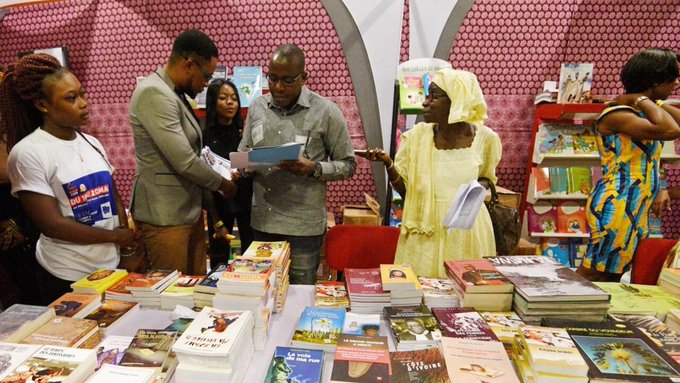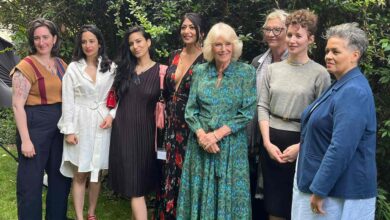Senegal, the 3rd edition of the Women’s Book Fair celebrates the voices of women

From December 20 to 22, the 3rd edition of the “Salon du livre féminin’ (Women’s book fair) was held in Dakar, an event organized by the collective “Les Cultur’elles” with the aim of promoting women’s literature and enhancing women’s cultural industries in Senegal and the African continent.
The program included book stands, discussion panels and literary awards,with the common thread of women’s ability to tell women’s experiences and stories.
The founder, Amina Seck, a novelist and screenwriter, explained how the idea came from her personal experience: the lack of spaces dedicated to emerging authors, often overshadowed by established figures. The Salon wants to renew the female literary scene, proposing new names and authors who are entering the publishing world, overcoming the dominance of classic figures such as Mariama Bấ. One of the main element of this edition was the presence of many young authors, supported by publishing houses such as L’Harmattan, which highlighted a growing interest among women in writing novels, poetry and short stories. The themes addressed range from feminism to women’s empowerment, but also included topics related to tradition and local culture.
The guest country of this edition was Ivory Coast, with the participation of authors such as Nania Koulibaly, who dealt with the topic of forced marriage, demonstrating how it is still a current problem not only in her country but also elsewhere in Africa.
The writer emphasized the importance of these events in creating an intercultural dialogue and fostering new publishing opportunities. Moreover, the Salon offered a training residency for ten women, focused on the creation and writing of short stories. In addition, two literary prizes were awarded, a testimony to the commitment to recognizing and promoting female talent.
Amina Seck highlighted the crucial role of the Salon as a safe space where women can feel free to express themselves and share their experiences. She also highlighted the need to overcome the stereotype that women writers “complain” in their work, clarifying that they simply tell their lives. The event confirmed itself as a place of meeting and cultural exchange, with the ambition of creating bridges between women writers, publishers and the public, opening new chances for women’s publishing in Africa.
Source link




